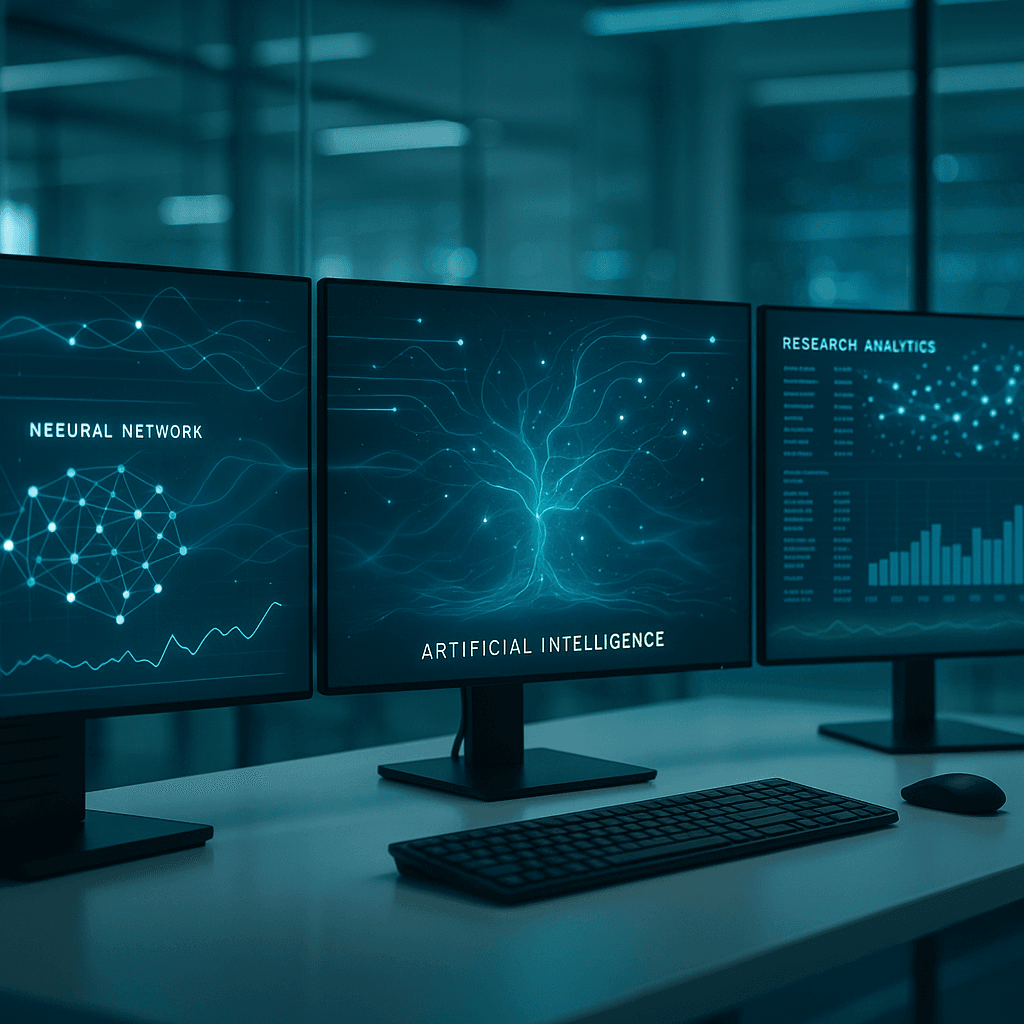OpenAI just dropped its most ambitious timeline yet. CEO Sam Altman announced the company is tracking toward a fully autonomous AI researcher by 2028, capable of independently tackling major scientific breakthroughs. The bold prediction coincides with OpenAI's corporate restructuring that unlocks massive funding for a $1.4 trillion infrastructure push.
OpenAI just made its boldest prediction yet about the future of artificial intelligence. During a Tuesday livestream, CEO Sam Altman laid out an aggressive timeline that has the company tracking toward a fully automated AI researcher by 2028 - not someone who studies AI, but an AI system that can conduct independent scientific research.
The announcement comes as OpenAI completed its controversial transition from non-profit to public benefit corporation, a move that removes the funding constraints that have limited the company's infrastructure ambitions. The timing isn't coincidental - Altman's 2028 prediction requires the kind of massive computational investment that only a for-profit structure can support.
"We believe that it is possible that deep learning systems are less than a decade away from superintelligence," chief scientist Jakub Pachocki told viewers during the livestream. He's describing systems that outperform humans across critical tasks - a threshold that would fundamentally reshape how scientific discovery happens.
But OpenAI isn't jumping straight to superintelligence. The company has mapped out specific milestones leading to 2028, starting with an intern-level research assistant by September 2026. Pachocki described the 2028 target as "a system capable of autonomously delivering on larger research projects" - essentially an AI that can formulate hypotheses, design experiments, and draw conclusions without human guidance.
The technical strategy revolves around two key breakthroughs. First, continued algorithmic innovation that builds on current large language model architectures. Second, and perhaps more importantly, dramatically scaling up what OpenAI calls "test time compute" - essentially giving AI models vastly more time and computational resources to think through complex problems.
Current models already show impressive problem-solving capabilities. They can handle tasks with roughly five-hour time horizons and match top human performers in competitions like the International Mathematical Olympiad, according to Pachocki's remarks. But he believes this horizon will extend rapidly as models gain access to more computational resources.











